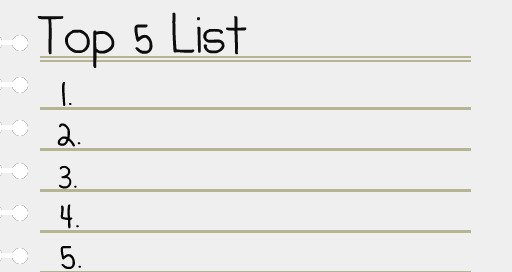
In the all-too-rare quiet moments, it can be helpful to stand back and take a look at what’s important (and not so important) in your life. This sort of self-reflection should really be an every day ritual, especially after experiencing a crisis or difficulty when we must recommit to or even restructure what means the most to us. It doesn’t happen automatically, and usually takes conscious effort.
I got to thinking about this because a friend of mine, an active, energetic man in his 80s, was recently involved in a car collision. He was slightly injured and more than a little shaken, and his car was totally demolished. Suddenly without transportation, he lost much of his cherished independence. Family and friends helped out, but he deeply missed his daily routine.
After a few weeks of isolation and boredom, he realized that he had to recommit to his priorities. He had to ask himself if it was still important to live as he had, and if so, then what was he going to do about it. By the time he got over the initial trauma, he had made the crucial decision to confront the situation, find a new car, and bring his favorite pleasures back into his life.
There are issues uniquely associated with aging, such as deciding at what point you’re not able to do all the things you used to take for granted. But crisis doesn’t have to be a negative event. I’ve written about how people choose to retire and then experience an emotional upheaval because they don’t know what to do with their days. A similar example might be that of a newly graduated college student who experiences a crisis about “where to go from here.”
The man in my example knows that he wants to live his life independently. He wants to avoid assisted living and he wants to drive. Because he’s basically healthy and alert, the issue of knowing what to do is simple common sense. But practical choices must be made. Should he live as a shut-in, skulking around with the blinds closed and feeling sorry for himself? Or should he demand more, reestablish his routines and drive back out into the world? His overall goal of independence was unchanged by the temporary upheaval, and by refocusing his priorities, he figured out how he wanted to spend his day-to-day existence. Then all he had to do was to make it happen.
This applies just as well to our hypothetical college graduate. School provided structure and routine. It determined how days were spent. Suddenly (as the graduate hears over and over again), “You have your whole life ahead of you!” But, lacking that structure and routine, tomorrow and next year can become difficult to face.
My point is this: Making decisions requires that you first know your priorities. Regular readers of this column know that I urge people to “introspect” by having a serious conversation with themselves about what they want and what makes them happy.
Will you immediately get what you want? Maybe not. Our graduate might have to do something for a while that he doesn’t quite want to do. Maybe my senior friend will have to rely on grocery deliveries until he finds a car he likes. But if the priorities remain firm and constant, life will flow steadily in the right direction. From a psychological point of view, any deviation will almost certainly result in anxiety and stress.
My experience counseling people over the years has repeatedly confirmed that individuals who know what they want are happier than those who don’t. Nobody knows you better than you do, and nobody can make life decisions for you. We’re all responsible for evaluating what we want and deciding how to go about getting it. The inner calm and confidence it brings will be well worth the effort.
Follow Dr. Hurd on Facebook. Search under “Michael Hurd” (Rehoboth Beach DE). Get up-to-the-minute postings, recommended articles and links, and engage in back-and-forth discussion with Dr. Hurd on topics of interest. Also follow Dr. Hurd on Twitter at @MichaelJHurd1
